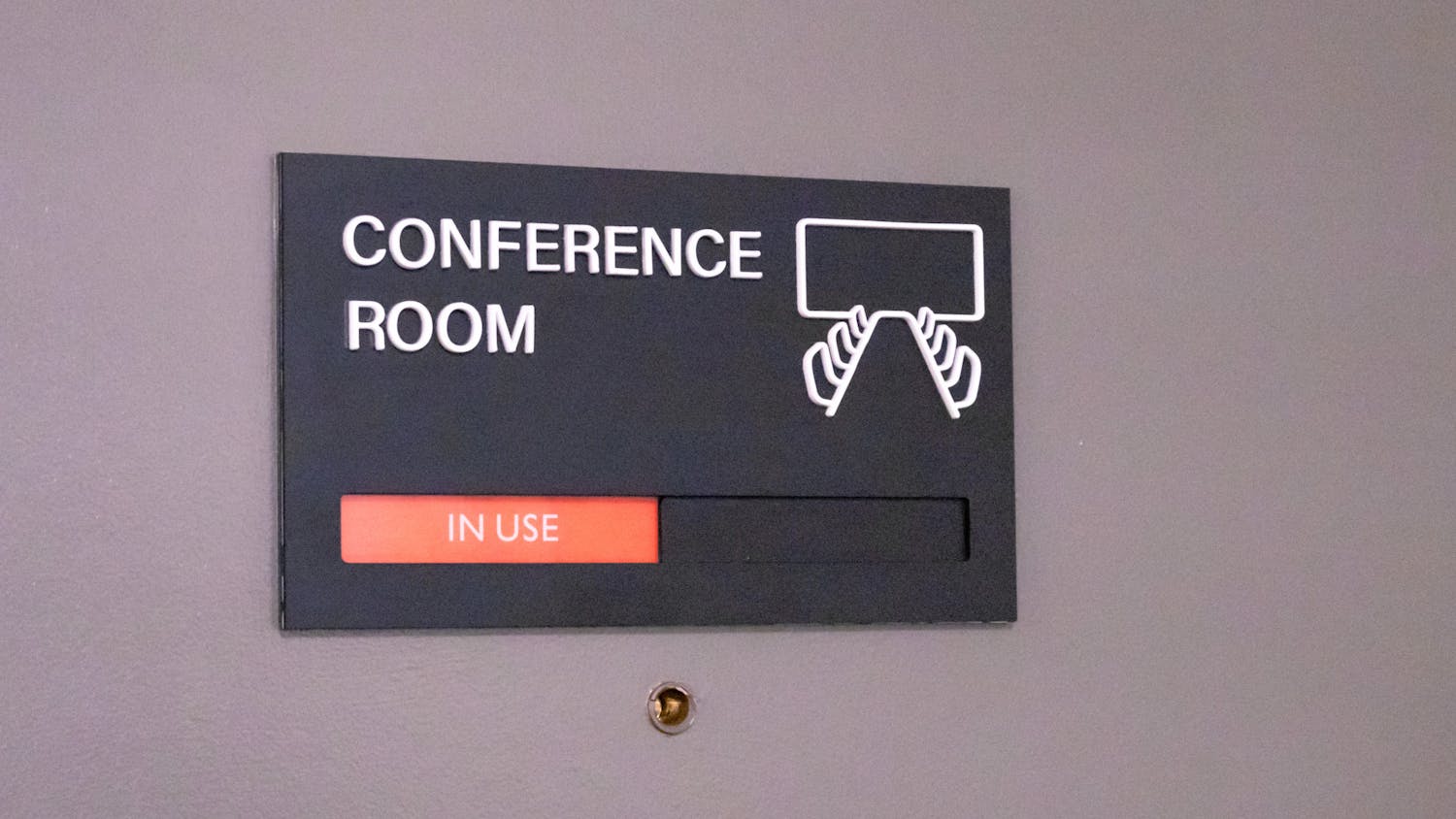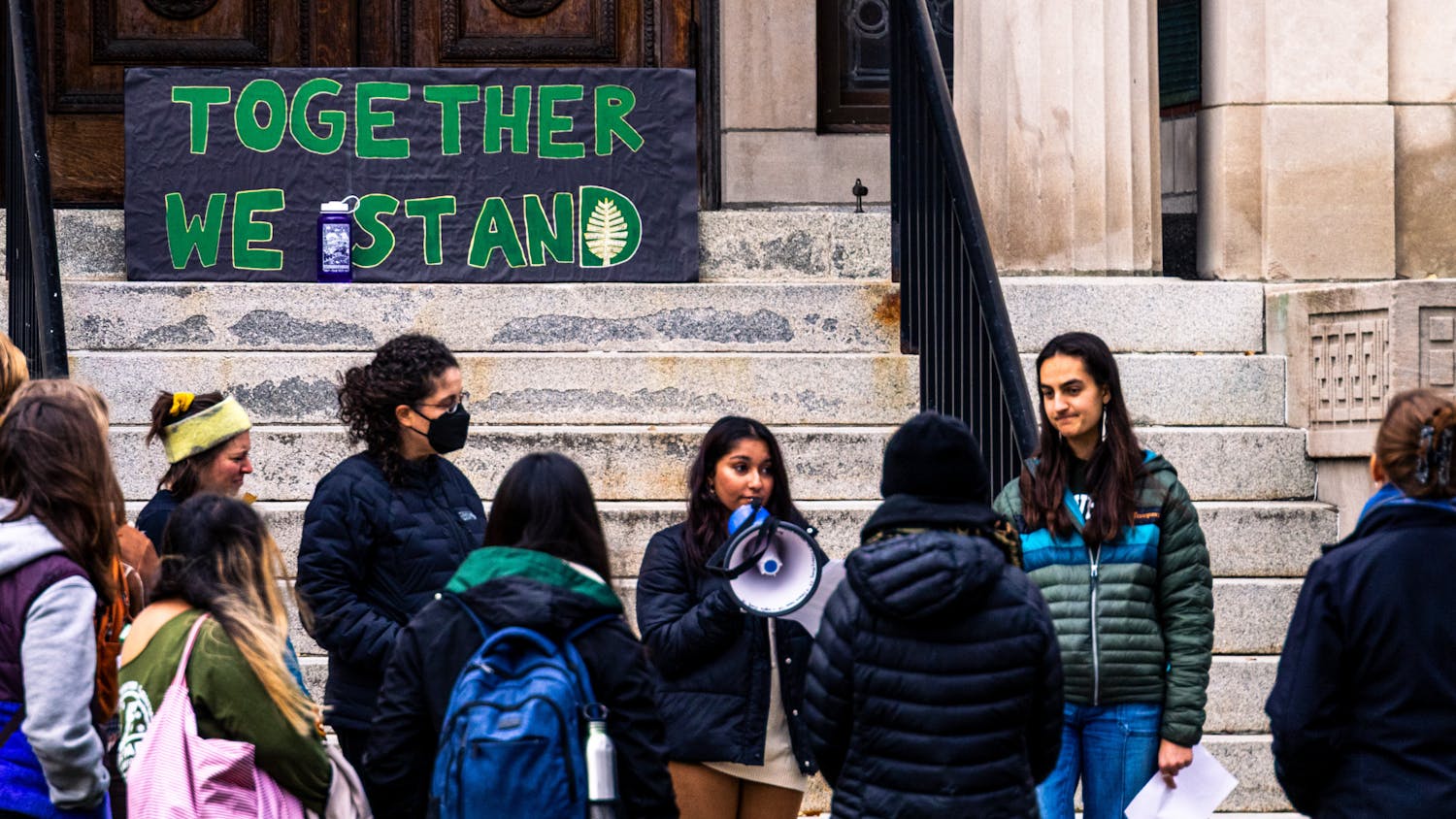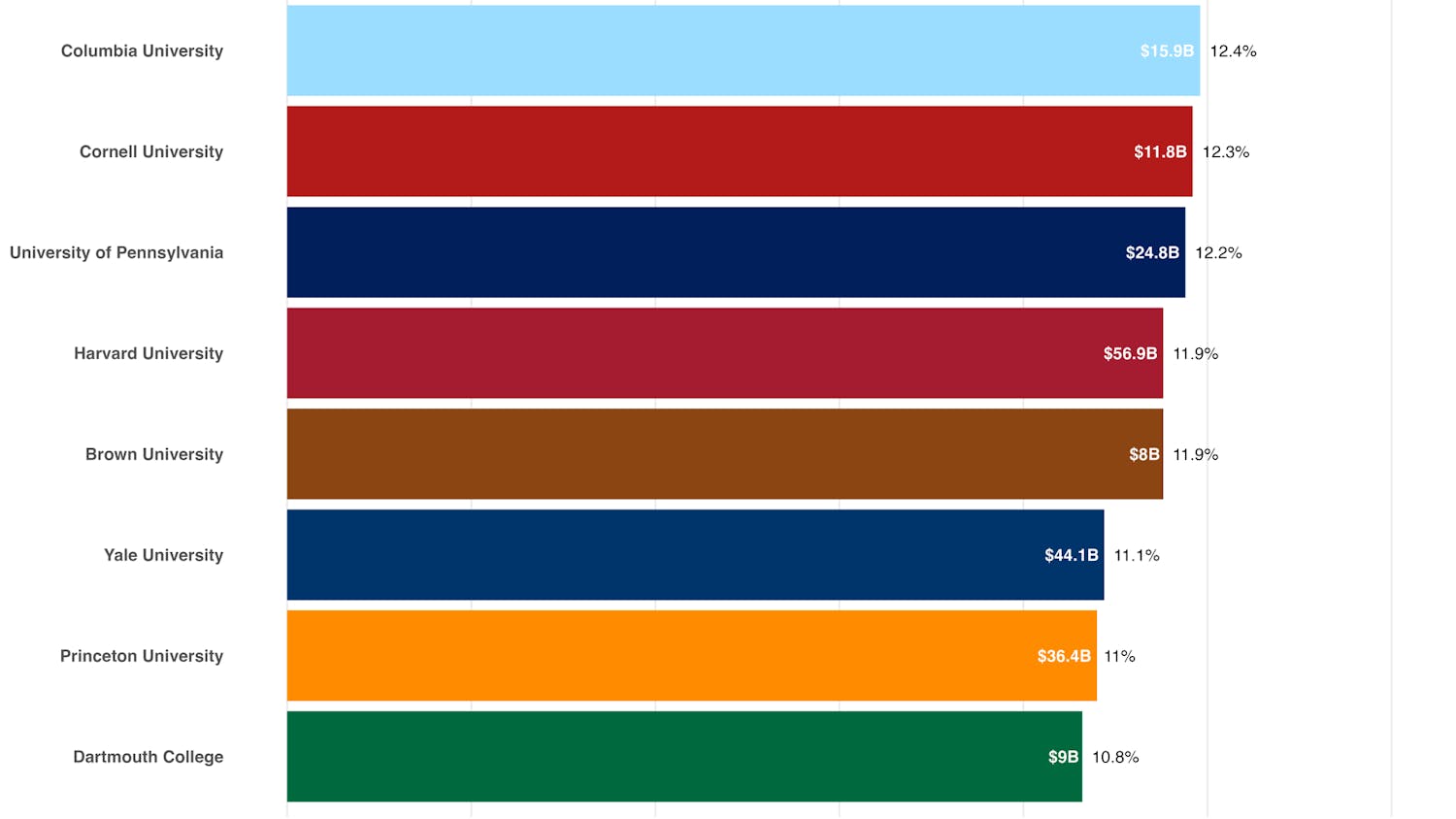The majority of Honkala's life has centered around "fighting and trying to secure a safe place called home," she said to an audience of approximately 50 students, professors and community members. "I grew up in nine different institutions because we didn't have battered women's shelters," Honkala, who went on to found the Poor People's Economic Human Rights Campaign, said. "I then became a teenage mother, and I hit an all-time low. I had no financial resources and I began living in a white Camaro."
When she could no longer live in her car, Honkala was forced to break the law to remain alive, she said.
"My car was totaled by a drunk driver, and all the shelters were full, so my decision became either move into an abandoned house or freeze to death on the streets," she said. "As a mother, it became a very easy decision to make."
When Honkala was subsequently arrested for residing in private properties, she brought her issues to the forefront of public consciousness and demanded that city officials tell her where she should go.
Honkala has since dedicated her life to fighting homelessness, she said. During the mid 1990s, she partook in a seven-day march to Harrisburg, Pa., where she and other homeless individuals demanded to meet with Gov. Tom Ridge, R-Pa.
"But when we got there, the governor didn't even send out the janitor," she said. "We then decided to go down to the capitol rotunda and set up house."
In response to the protest, Ridge imposed closing times on state capitol property to evict the homeless individuals who were living there, she said. Ridge also wrote an editorial in a local newspaper instructing homeless individuals to just return home, which Honkala said incensed the anti-homelessness activists.
Honkala said she was forced to live in a wide variety of nontraditional locales in order to stay alive.
"After the Archdiocese of Pittsburgh closed nine churches in the poorest areas in the city, I went to one of the abandoned churches with 70 homeless families," she said.
The problem of homelessness continues to "overwhelm" society because an increasing number of socio-economic groups are threatened by poverty each day, Honkala said.
"The Class of 2011 will be the most in-debt class in all of history," she said. "And foreclosures are happening every 13 seconds and among higher- income families as well."
The United States government currently spends too much money on wars and prisons, according to Honkala. The nation should instead focus on improving education in order to build "a better tomorrow for all of us," she said.
Unlike other countries, America contains more abandoned properties and houses than there are homeless individuals, according to Honkala.
"That's why [I] think the solution of throwing homeless people back out onto the street is incredibly archaic," she said.
In an effort to achieve widespread policy change, Honkala is currently campaigning for sheriff in Philadelphia.
"I'm running on the Green Party ticket because the Green Party doesn't accept money from corporations," she said. "And I'm running on a zero-evictions campaign I won't force families onto the street."
In a question-and-answer period following her presentation, audience members asked Honkala questions ranging from her opinion on the National Coalition for Homelessness to what Dartmouth students can do to help solve the problems she addressed.
After the lecture, Inter-Community Council co-chair Maya Granit '11, who helped organize the event, asked audience members to share with one another something about which they are particularly passionate. Students responded with lively discussions about oppression in its various forms and the ideologies that allow individuals to take actions that would otherwise be inexcusable.
The lecture, "Leadership, Activism and Economic Human Rights," took place at the Top of the Hop.




